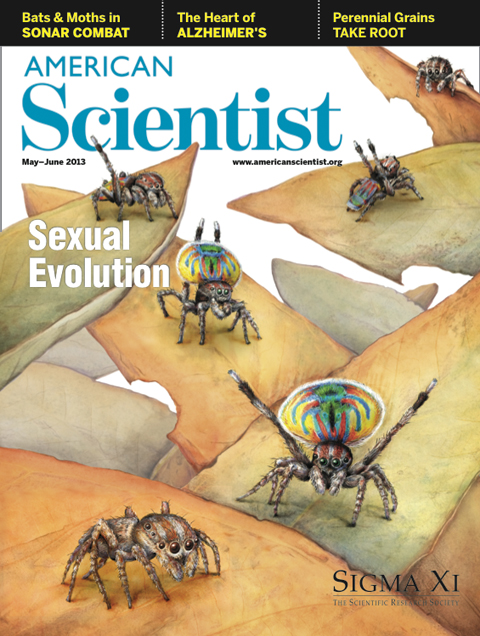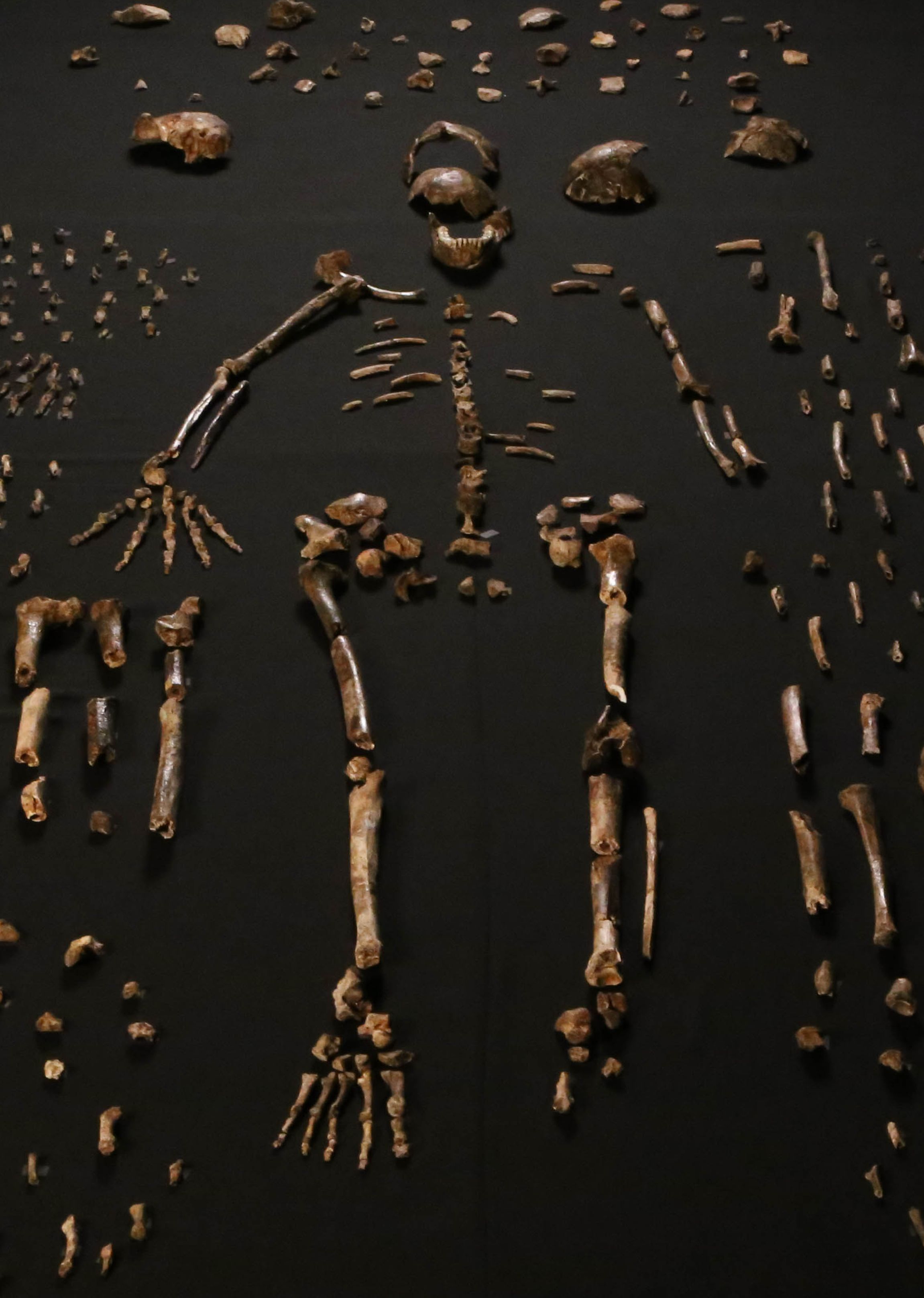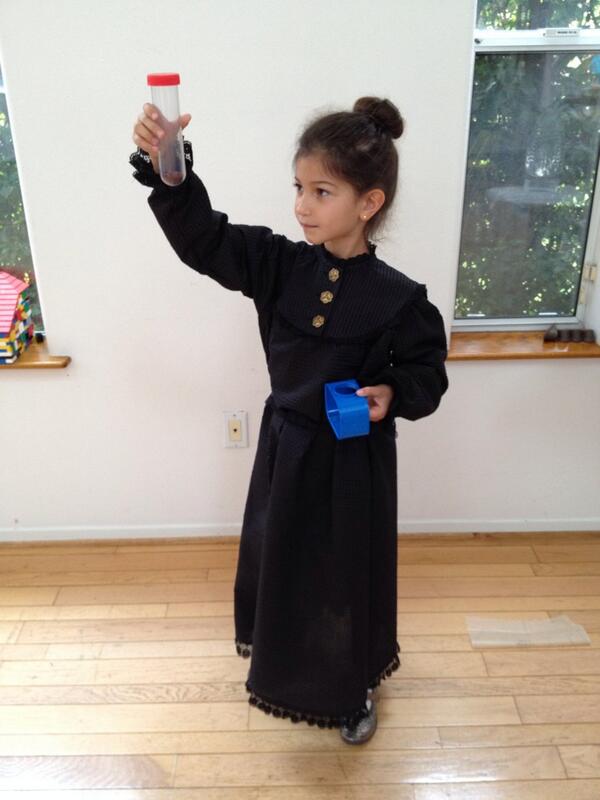Our Favorite DIY Science-Themed Halloween Costumes
By Katie L. Burke
Ten costume ideas that look smart and start conversations about our favorite subject: science.
October 30, 2015
From The Staff Communications Sociology
Halloween is here, and there’s no better time for some nerdy fashion. For the grad students and postdocs too busy with job and NSF grant applications, or anyone else who’s had their nose in the books lately, we’ve got some easy costumes thrown in to make sure you look smart. If you have an awesome science costume for Halloween, share it with us on Twitter (@AmSciMag) and use the hashtag #SciCostumes.
1) Peacock Spider
We here at AmSci central love peacock spiders so much that we put them on our cover a few years ago—an illustration that won us an EXCEL award from Association Media & Publishing! So, we fully support more cute peacock spider dances in the world, like this must-see costume.

2) Feynman Diagram
This wonderful idea from Symmetry is easy and great for starting conversations about physics.

3) Test Tube or Graduated Cylinder
Check out this baby costume here, but kids and adults can pull off this simple idea, too.
4) Fossilized Skeleton of Homo naledi
As a twist on the classic skeleton costume, wear black, and then use white or glow-in-the-dark paint to copy this skeleton. You can read more about this newly discovered early human species here.

5) Your Favorite Constellation
All it takes is a little make-up and a dazzling LED light hack.
6) Monarch Butterfly
Late October is a great time for monarch butterflies, because it’s the time of year when they arrive in Mexico, culminating their long-distance migrationeach autumn. With a little more effort, you can also be a monarch caterpillar!
7) Dinosaurs
With these simple plans, you can use household materials to be a T-rex or pterosaur (if you’re going retro, you can call it a pterodactyl).
8) Marie Curie
Here's a Marie Curie costume from a play, and this website gives full instructions for attire and props.


American Scientist Comments and Discussion
To discuss our articles or comment on them, please share them and tag American Scientist on social media platforms. Here are links to our profiles on Twitter, Facebook, and LinkedIn.
If we re-share your post, we will moderate comments/discussion following our comments policy.